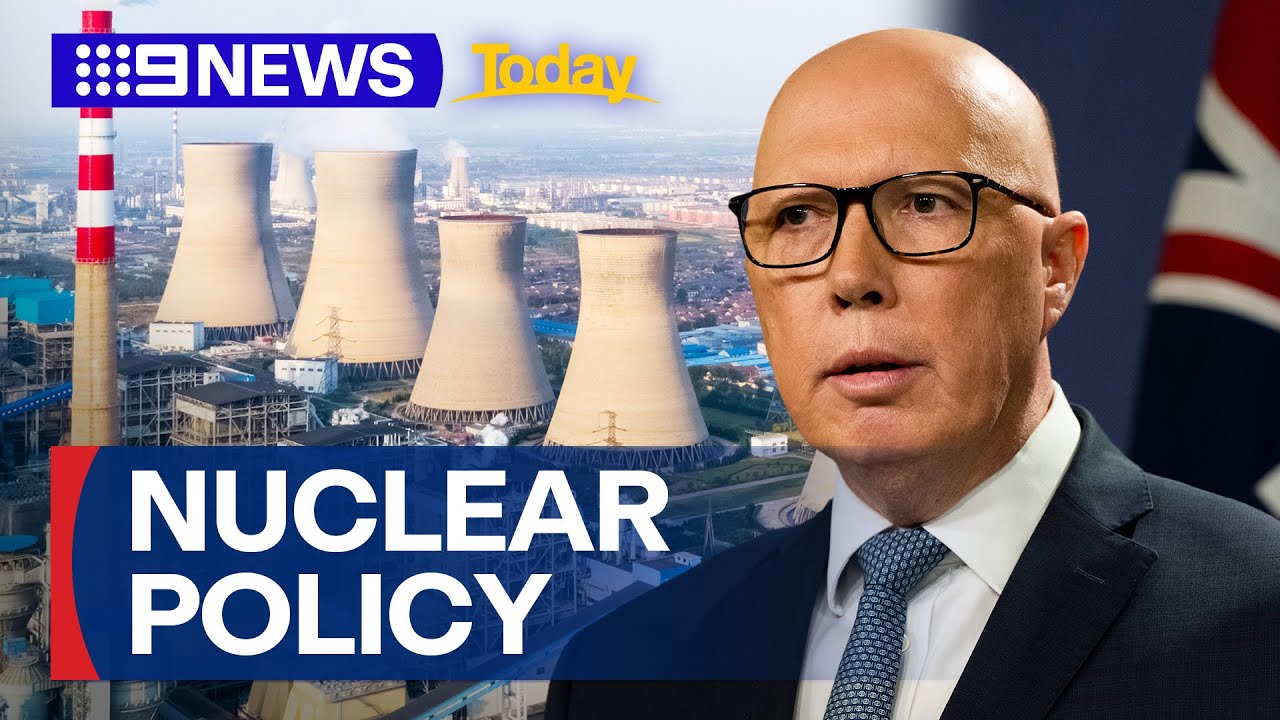The press conference is currently still live so this was the best short video I could find on the topic.
To begin, I’m absolutely against this proposal, but I want to see a discussion - hopefully a constructive one - between Aussies (comments are always turned off for Australian news on YT) to gauge some idea of how people generally feel about the idea.
Fire off.



I think it’s a well balanced and well researched video. I don’t think she concludes that nuclear is a clear winner. And in our case it may not make sense. But both sides are guilty of cherry picking facts to fit their narrative.
The only reason I can think of to go nuclear is if renewables can’t meet our power needs. I think it’s a hard problem for the grid to manage distributed power generation in such varying amounts. Sometimes the sun doesn’t shine and the wind doesn’t blow enough. Can batteries fill the gaps? I hope so. But I wouldn’t be opposed to a small bet on nuclear at the same time.
@DavidDoesLemmy @Zagorath Here’s an article about a company named RedFlow, that has sold its fourth grid-scale long-duration zinc bromine flow battery to California:
https://reneweconomy.com.au/redflow-tapped-as-preferred-battery-provider-for-a-fourth-major-california-project/
Where’s RedFlow based? Brisbane.
An alternative to bromine flow batteries is grid-scale lithium.
And where is one of the world’s largest lithium minjng regions? Western Australia.
The Coalition’s policy is to ban any further investment in grid-scale batteries from RedFlow or with WA lithium, along with banning further investments in wind and solar.
Instead, it wants to hand roughly half a trillion dollars to largely foreign-owned multinationals to build nuclear power plants in Australia.
Assuming the Coalition can deliver 7 large-scale first-of-its-kind infrastructure projects on time and on budget in Australia, it will take 10 to 15 years to build them. In the meantime, Australia will continue burning coal and natural gas.
And all this for an energy source that costs substantially more per megawatt hour than renewables, coal, or gas.
@DavidDoesLemmy @Zagorath This type of “small bet” would cost 10x more than the same bet on batteries and grid upgrades. The nuclear option is nothing more than a massive carbon tax, except this time it’s a nuclear tax, and it’s funding the nuclear instead of reducing it.
Every time someone proposes to spend NBN levels of money, or multiples of NBNs, ask yourself what the coalition would say if they were against it.
I think you misunderstood me. The small bet I was referring to is not the coalition’s plan. It would be more money to research next generation reactors.
@DavidDoesLemmy oh just research? I can’t see any harm in running experiments if they’re for thorium or fusion. But the real billions need to be spent now, on batteries & factories for batteries. We can be a big player exporting these … this decade! If we had the courage.